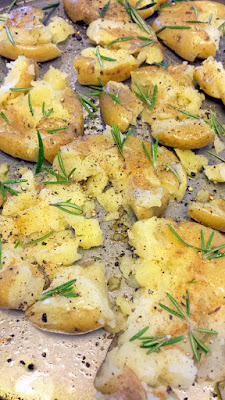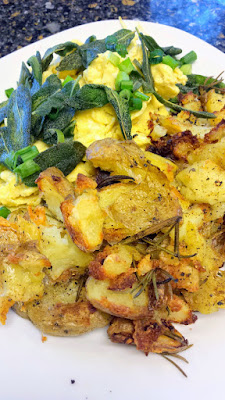When I made the beer cheese, the recipe had called for Hidden Valley Ranch dressing mix. The package I purchased had 3 packets, so I started looking for other way to use the mix and found this.
Buttery Ranch Oyster Cracker Mix
Ingredients:
- 1 (9 ounce) package of regular oyster crackers
- 1/4 cup buttery oil
- 3/4 teaspoon of dill weed
- 1 teaspoon of garlic powder
- 1 packet of dry Hidden Valley Ranch dip mix
Directions:
- Preheat oven to 250 degrees F.
- In a mixing bowl, combine all the oyster crackers with the seasonings of Ranch, dill, and onion powder.
- Next, mix in the buttery oil until they coat all the crackers. Buttery oil can be found near the popcorn, or in my case, I used buttery flavored oil from a Oil and Vinegar store, Benessere Oils and Vinegars. The store is awesome because you sample any of their oils and vinegars before purchasing, so you know exactly what you are getting, and they have a range of sizes so you can even get a mix of different flavored oils. Because the buttery oil I had was high quality, I did not want to use a whole 3/4 cup per the original recipe, and the flavors were so strong after tasting adding half that amount I was fine.
- Bake in oven for 15-20 min, stirring halfway through baking time.
- Cool, and then store in an airtight container or cracker tin or serve at a party!
What makes this mix delicious is the goodness of the buttery oil to softly counter the saltiness from the ranch seasoning, with a bit of grassiniess from the dill. It doesn’t hurt to also top this with a bit of parmesan. Or, you can punch it up by adding cajun or spicy seasoning to your version.









